Concordia Stories
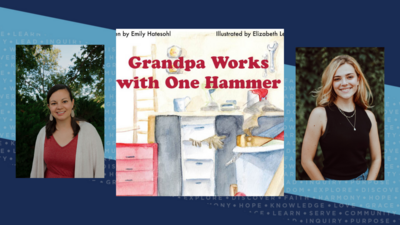
Alumni
Writer and editor Emily (Taylor) Hatesohl ’15 publishes first book
Feb 19, 2026

News
Concordia Nebraska announces preferred partnership with U.S. Christian Chamber of Commerce (USCCC)
Feb 18, 2026

News
Concordia Nebraska looks forward to Seeds of Generosity giving celebration
Feb 17, 2026

Students
Senior Nora Fingerlin is studying biochemistry at Concordia Nebraska, looks forward to physician assistant school
Feb 16, 2026

Academics, News
Meet Studia Vitae instructor Dr. Christopher Mizel ’07
Feb 16, 2026
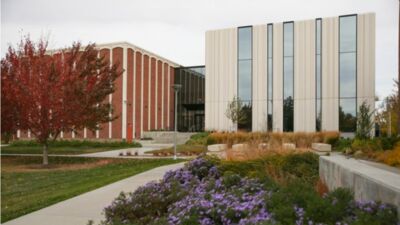
Faculty and Staff, News
Concordia music department features faculty in a showcase recital
Feb 13, 2026

Academics, News
Concordia Nebraska partners with Concordia Seminary, St. Louis to present Studia Vitae continuing education course
Feb 13, 2026

News
Registration now open for March 2026 courses in Concordia Nebraska’s Studia Vitae continuing education program
Feb 12, 2026

News
Concordia University, Nebraska joins with Concordia University Chicago to host shared travel experience to Iceland
Feb 11, 2026
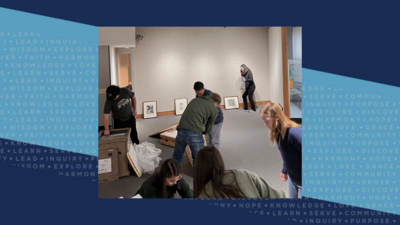
News
Luke Scholars “All This and Not Ordinary” course works with Marxhausen Gallery of Art
Feb 11, 2026

Academics, Graduate School
What Can You Do With a Master of Public Health?
Feb 10, 2026

News
Concordia Nebraska to host Rev. Dr. Peter H. Nafzger as part of Spring Speaker Series
Feb 10, 2026
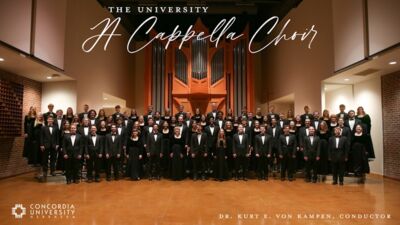
News
Concordia A Cappella Choir to embark on Spring 2026 Tour
Feb 9, 2026

Alumni
Jenna Potratz ’24 pursues physician assistant studies following time at Concordia Nebraska
Feb 9, 2026
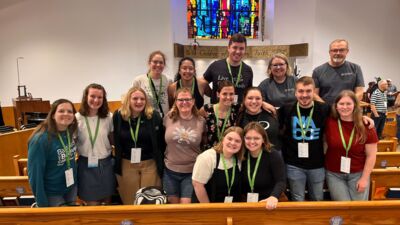
News
Concordia Students attend National Association of Directors of Christian Education conference
Feb 6, 2026
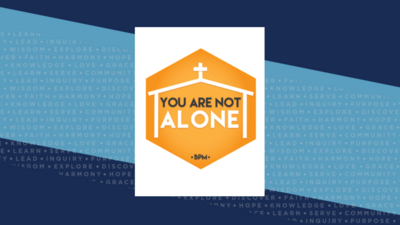
News
Concordia Nebraska faculty and staff to present at Best Practices in Ministry
Feb 5, 2026

Academics
What is Fashion Marketing and How Can I Succeed?
Feb 4, 2026
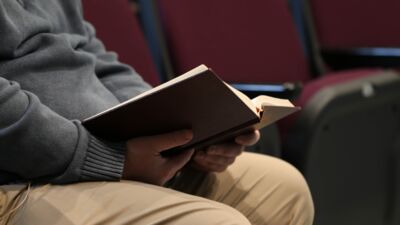
Faith Life
Devotion: Where Our Treasure Is
Feb 3, 2026
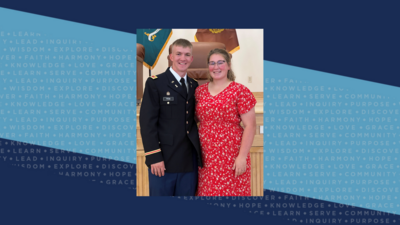
Alumni
Sabra (Moore) Prusia ’20 said Concordia Nebraska prepared her for work in the agriculture industry
Feb 2, 2026
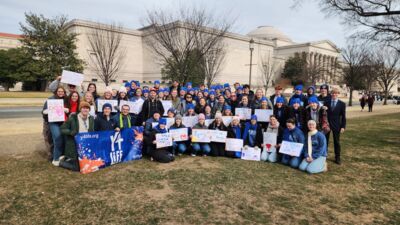
Faith Life, News
Bulldogs4Life members attend Washington, D.C. March for Life
Feb 2, 2026